
🧠 In just 20 years artificial intelligence could dramatically reshape our world
The imagination of Kai-Fu Lee, former president of Google China, takes us into a futuristic world made up of virtual teachers, augmented cities, increased longevity, immersive virtual worlds, as well as vital new issues to address.
Share this story!
With every future we wish to create, we must first learn to imagine it.
Imagination is the basis of any human creative process, including technological development: before creating any invention it's first necessary to understand a need or a problem, then imagine a future world in which people make beneficial use of it.
Kai-fu Lee, former president of Google China and senior executive of Microsoft, SGI and Apple, in the novel AI 2041, tries to do exactly that: make science fiction (or rather, scientific fiction) a useful tool for imagining and identifying development prospects, a place for discussion on problems and transformations underway.
AI 2041 tries to hypothesize an effective development path of artificial intelligence in an accurate manner based on current data and trends, imagining what this can bring into our ordinary lives through the filter of several cultures during the next twenty years.
The goal is to try to remove unmotivated negativities, nightmares populated by man-eating cyborgs and man-dominating computers as well as exaggerated claims.
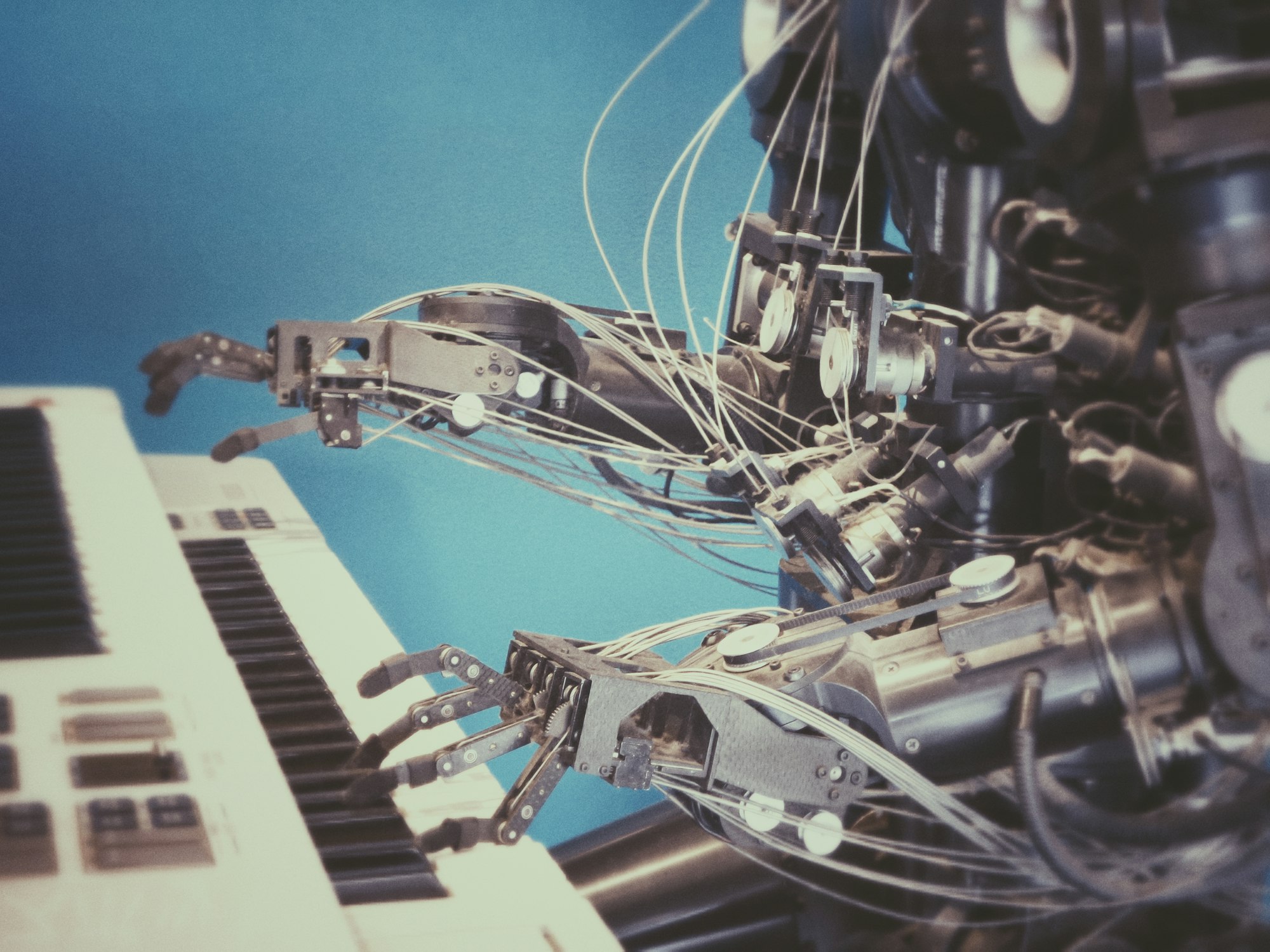
AI: a non-human mind
AI is a discipline that attempts to build software with similar possibilities to a human brain.
The only branch of AI that produced a recent breakthrough was Deep Learning. Thanks to this technique, something like a giant mathematical equation allows machines to solve some problems by self-perfecting (almost "learning").
For Deep Learning to work well, three characteristics are required: huge amounts of relevant data, a narrow domain and a concrete objective function to be optimized.
All current AI applications - and probably all those in the near future - are based on Deep Learning, so function very differently from the human brain.
AI is therefore perfect to perform quantitative analysis and routine work, while it's unable to perform activities requiring creativity, critical thinking, and passion.
Artificial intelligence is not a future matter but it has already achieved important results: it's able to beat humans in any game, from the simplest to the most complex such as poker, Go, and chess. It also solved a fifty-year-old biological issue called protein folding, while Google's GPT-3 software is able to speak correctly.
Many internet applications already use AI to optimize the content presentation to the individual user to keep you glued to the screen for hours.
Another field where AI will soon make its entrance is finance and insurance. A suite of apps based on huge amounts of personal data will be able to optimize your lifestyle, for example by advising you on the correctness of your investments or even of your diet.
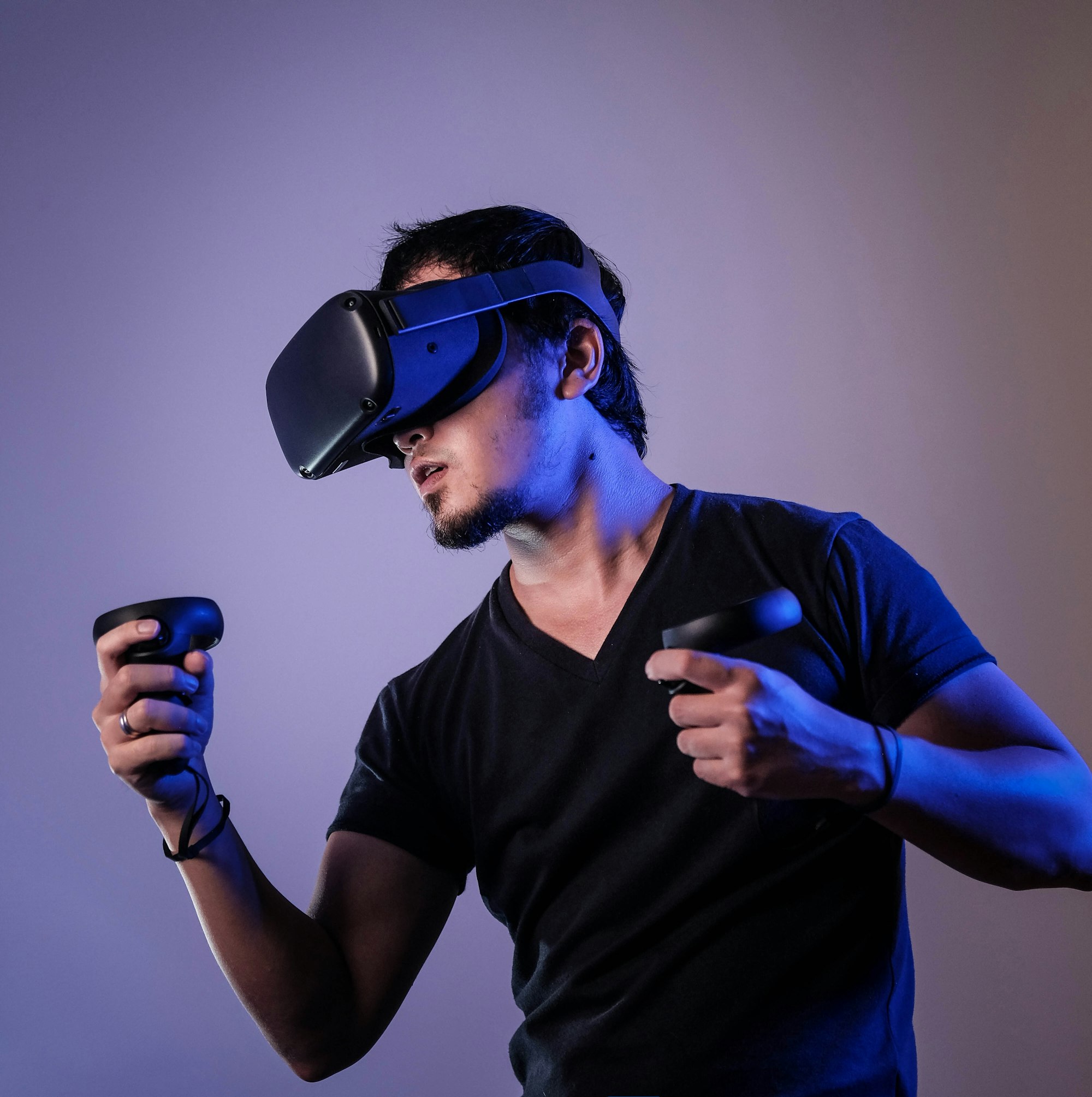
Will we live in a robotic world in 2041?
Robotic applications are much more difficult to develop than the internet and finance because they require robots to be not only automated but also autonomous. Perfect human sight, touch, movement, and coordination are difficult to perfect in twenty years.
So, in just twenty years, the world will not yet be hundred percent automated and robotic, but it's likely that warehouses should be virtually automated, while factories will mostly be automated.
Drones and robots for home delivery will have become the norm by then, just as in restaurants it will no longer be surprising to see robot waiters, dishwashers, and perhaps even cooks.
An even more complex problem concerns smart cars. Human driving involves perception, navigation, decision-making, and control of the vehicle. If some driving functions are automated even now, achieving the L5 level (no human input required) is a very challenging goal in just 20 years.
To accelerate this process, it would be necessary to build augmented roads and cities, where sensors and wireless communications are incorporated into the road to allow cars and the infrastructure to exchange information on hazards and traffic.
In this way, already in 20 years we could sit quietly in the passenger seat and enjoy the view while an automatic car or bus will transport us, perhaps guided by an app constantly optimizing the routes.
Hence, the need to own a car would decrease, leading to a preference for sharing services. Road safety, traffic, and pollution would greatly improve.
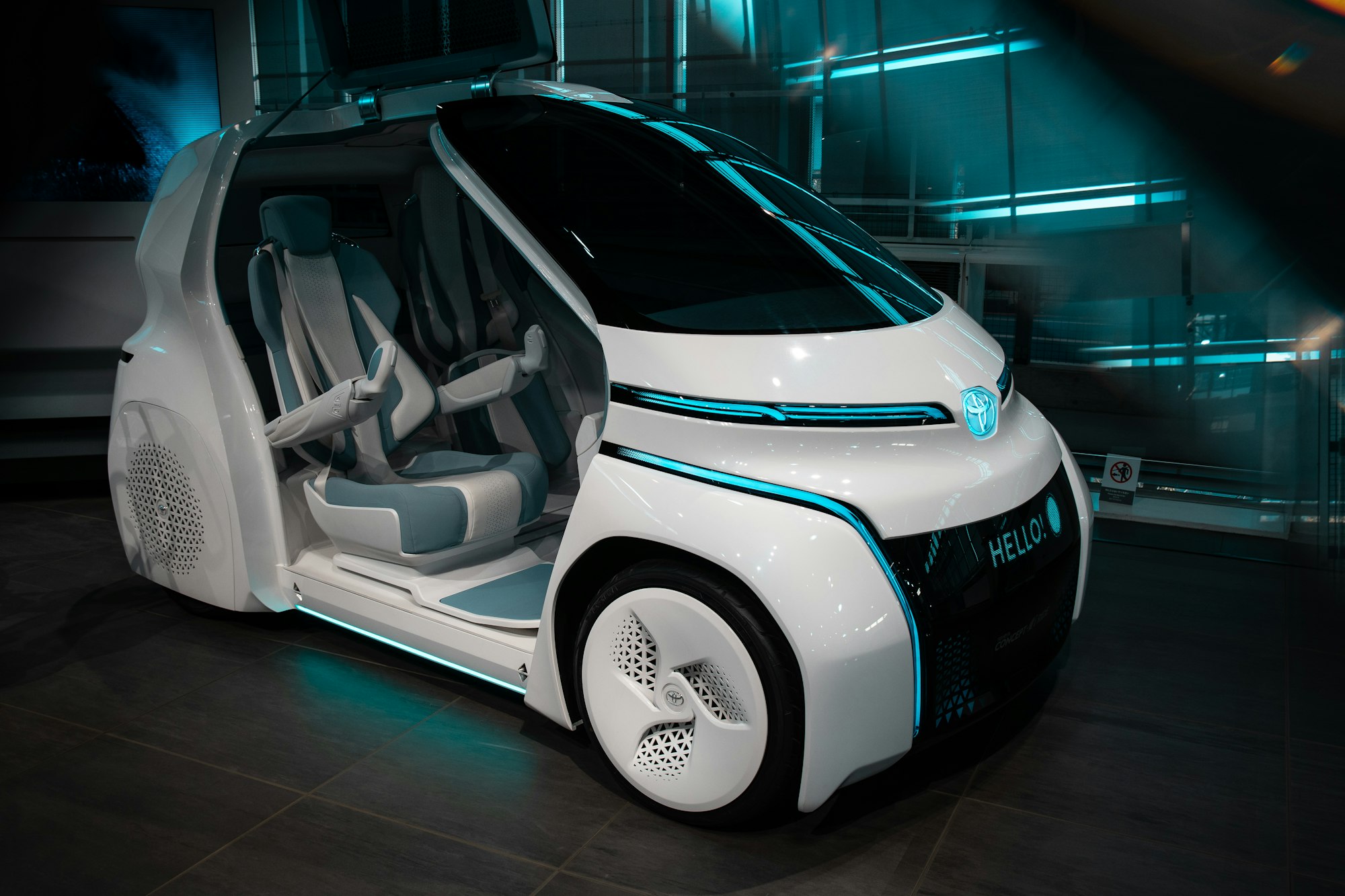
But there is a question to be addressed as soon as possible, despite these magnificent prospects:
Should we ever let a machine make decisions that may harm human lives? If the answer is no, it would put an end to autonomous vehicles.
Human-machine cooperation for everyone's well-being
Healthcare will be the industry most transformed by AI.
AI will have many tools to exploit its key features: the digitalization of healthcare databases, the extensive use of wearable devices to obtain far more accurate health statistics, and DNA sequencing to produce digital personal information.
By learning from these tons of data, AI will be able to develop better diagnoses and treatments in less time. A new, incredible possibility for everyone will be "Precision medicine": tailor-made treatment for each different patient, rather than producing a drug to be valid for billions of people.
Gene editing and the possibility of speeding up sequencing in trial-and-error processes will lead to the development of drugs and vaccines more quickly, as happened for the anti-covid vaccine.
Here too robotics will have a strong impact because even complex surgeries will become increasingly automated.
If the general picture seems to point to fully automated healthcare, it will not be the case at all. Indeed, medical and caregiving jobs will become central, since AI does not include empathy and creativity.
Rather, these will be tools that healthcare personnel can use at will to extend life and improve its quality.
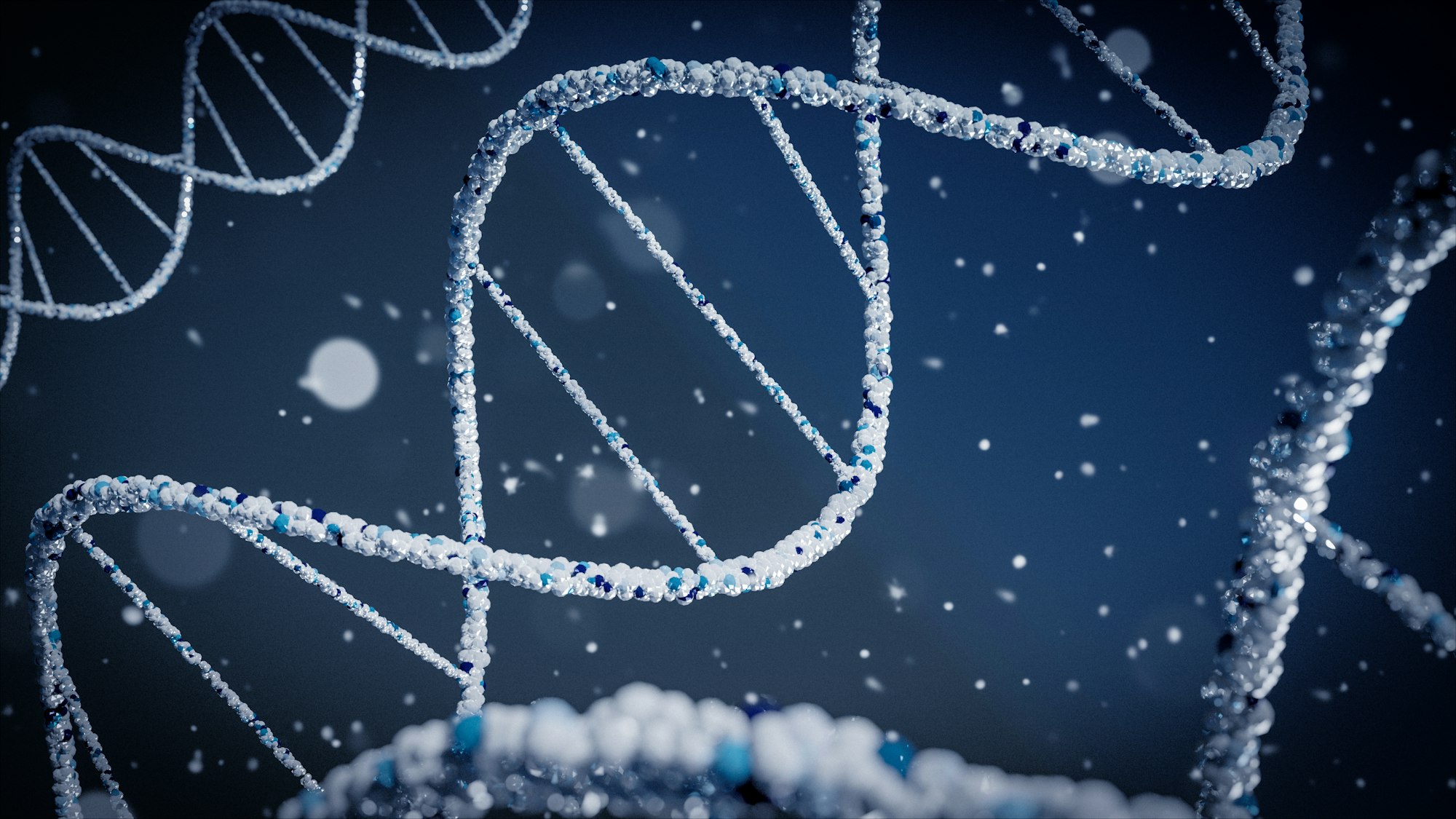
Even more surprisingly, Education too could be transformed.
The growth of the AI branch called natural language processing (NLP) will lead to systems capable of converse fluently in human language, hearing and understanding like humans as well as teaching themselves language.
This could make a dramatic difference in a child's development, as AI could serve as a custom tool for the student for routine tasks such as correcting students' errors, answering common questions, and assigning homework. This would lead to the spread of individualized learning where a virtual teacher can pay particular attention to each student.
However, human teachers will cooperate with the AI as mentors in order to stimulate students' critical thinking, creativity, and teamwork, including by programming AI in ways that will best meet students' needs.
Revolution and rebirth
In 20 years, renewable technologies such as solar photovoltaics, wind, and batteries are expected to spread widely, making all forms of energy 100 percent free as well as clean.
Synthetic biology will make it extremely easy to produce any material in a laboratory. In this way, production will shift from using naturally limited materials to infinite and inexpensive components such as photons and molecules.
Robots and artificial intelligence will gradually take over the production, delivery, and design of most goods.
Renewables, synthetic biology, and automation: three contextual revolutions AI-related that will lead to a drastic reduction in the cost of each good, making everything's production extremely easy and fast.
What will human beings remain to do?
Like all revolutions, AI will also bring with it issues to be carefully addressed as the widespread loss of routines and entry-level jobs, since the machines will be able to perform them more effectively, quickly, cheaply and 24/7. Even more problematic than the loss of jobs will be the loss of meaning for unemployed people.
An issue hiding the foundations for a great transformation, a renaissance of what makes us purely human, as AI cannot create or plan strategically, nor interact with empathy and compassion.
The growth of AI will therefore lead human beings to learn new skills and focus on crafts based on creativity and humanity.

Lastly, humans will work symbiotically with AI, with AI performing quantitative analysis, optimization, and routine work, while we humans contribute our creativity, critical thinking, and passion.
Looking for plenitude
Every technology is inherently neither good nor bad, and AI is no exception. It will be 20 years of incredible possibilities, epochal transformations, and unthinkable challenges.
As the cost of energy, materials, and manufacturing will decline significantly, the possibilities are concrete to build a world of post-scarcity and plenitude, where every material need can be easily fulfilled at a low cost.
The need is to design from scratch an inclusive new world, to re-establish financial institutions, and make corporations more socially responsible and less constrained by profit.
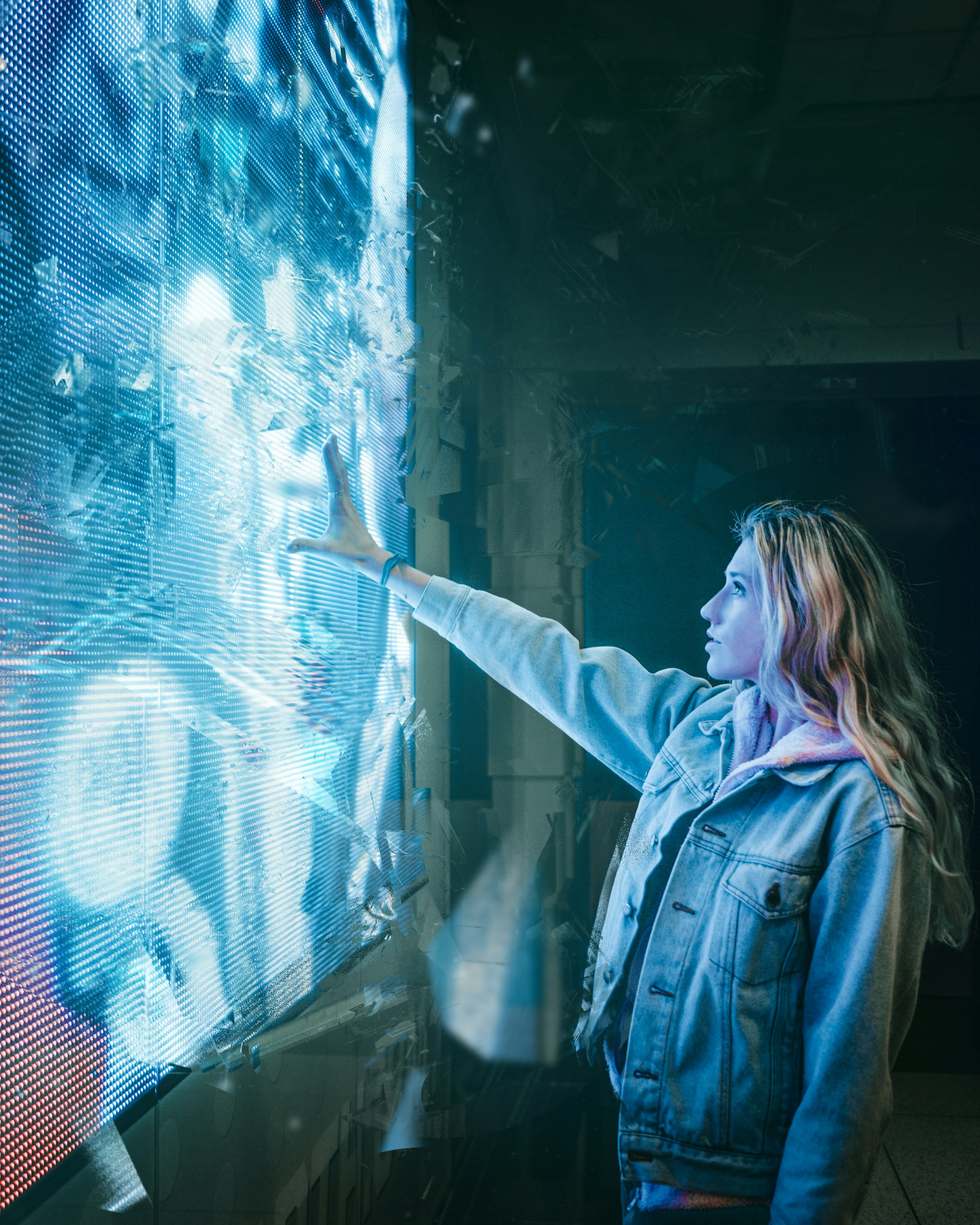
It will be humans who choose the idea of a new world where everything is possible or take root in their own greed and vanity.
Since the confluence of magical technologies allows us to build almost everything for free, do we succumb to the senseless temptation to accumulate wealth when there is nothing to spend the wealth on?
What is sure is that the nightmares of evil machines, a superintelligence that controls minds, are extremely far from realization.
By becoming a premium supporter, you help in the creation and sharing of fact-based optimistic news all over the world.


